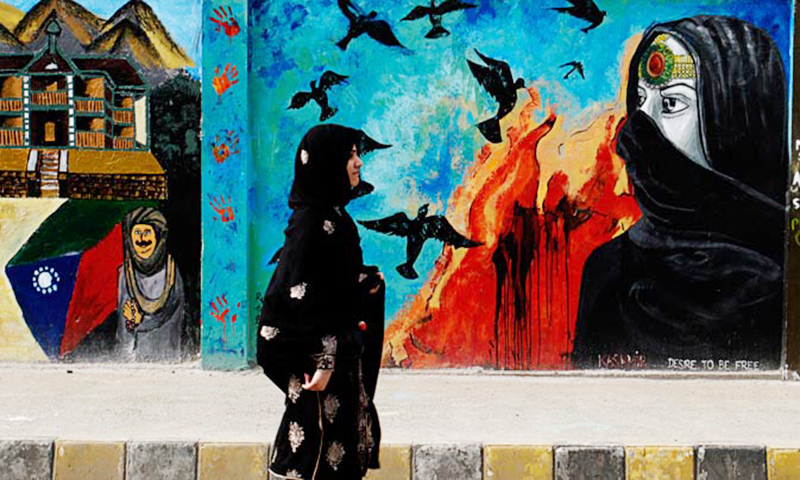Pakistan ranked 151 out of 153 countries on the Global Gender Gap Index Report 2020 index, published by the World Economic Forum (WEF) on Tuesday, only managing to surpass Iraq and Yemen.
The scorecard for the country places Pakistan at 150 in economic participation and opportunity, 143 in educational attainment, 149 in health and survival and 93 in political empowerment.
A comparison of previous rankings shows that the overall ranking for Pakistan has drastically slipped from 112 in 2006 to 151 in 2020.
Likewise, the country slipped from 112 to 150 in economic participation and opportunity, from 110 to 143 in educational attainment, from 112 to 149 in health and survival and from 37 to 93 in political empowerment during the same period.
The report highlights that economic opportunities for women in Pakistan are limited with the country only managing to bridge 32.7 per cent of the gap between men and women in the workplace.
In health and survival, the gap widened to 94.6pc, which means that women in the country do not have the same access to healthcare as men.
Among the seven South Asian countries included in the index, Pakistan charted at the very bottom. Bangladesh ranked 50, followed by Nepal, 101, Sri Lanka, 102, India ,112, Maldives ,123, and Bhutan,131.
South Asia has closed two-thirds of its gender gap. The region is home to 860 million women, three-fourths of whom live in India.
Among the eight regions of the world, South Asia’s gender gap is the second largest after the Middle East and North Africa (MENA) region, where only 61pc of the gender gap has been closed.
Since 2006, South Asia is the region that has progressed the most, gaining six percentage points. If the rate of progress of the past 15 years was to continue — a very strong hypothesis — it will take 71 years to close the region’s gender gap.
In terms of female representation in parliament and in cabinets, however, South Asia’s performance is largely in line with other emerging regions. For example, women represent 20pc or less of the parliament in six of the seven countries studied, the only exception being Sri Lanka.















































